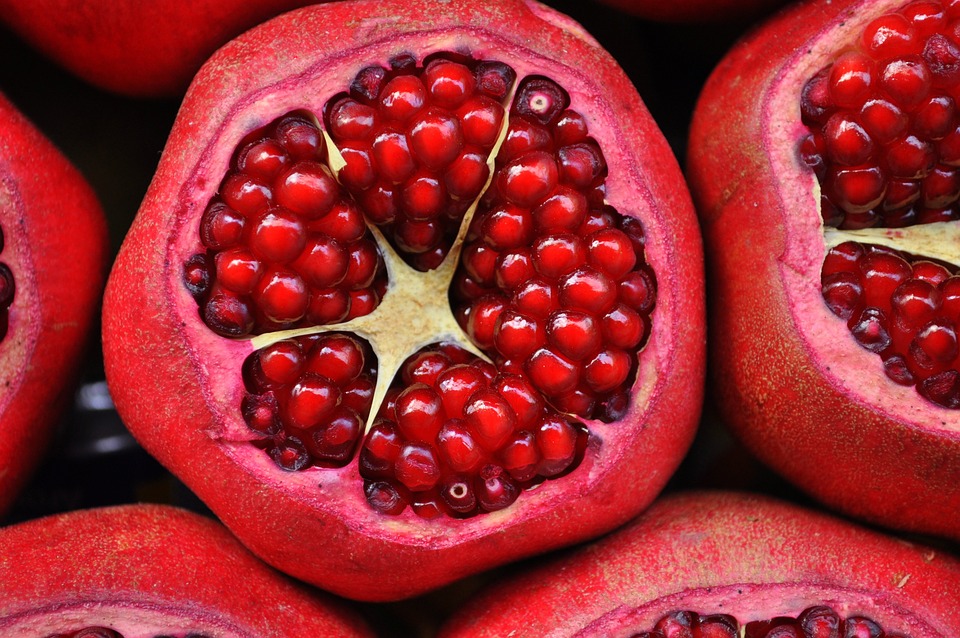Healthy Eating Without Vegetables: How to Get Your Nutrients
We’ve all been told that vegetables are an essential part of a healthy diet. But what if you just can’t stand them? Whether it’s the taste, texture, or simply a childhood trauma involving Brussels sprouts, there are plenty of reasons why someone might want to skip the veggies. But fear not! It’s still possible to maintain a healthy diet without them. Here are some tips for getting your nutrients without vegetables.
1. Embrace fruits
If you’re not a fan of vegetables, chances are you’re already pretty familiar with fruits. But did you know that many fruits are just as nutrient-dense as veggies? Berries, for example, are packed with antioxidants, while bananas are a great source of potassium. Try incorporating more fruits into your diet to make up for the lack of vegetables.
2. Get your greens from other sources
Leafy greens like spinach and kale are some of the most nutrient-dense foods out there. But if you can’t stand the taste of them, don’t worry! There are other ways to get your greens. For example, try adding some spirulina powder to your smoothies. This blue-green algae is loaded with vitamins and minerals, including iron and calcium.
3. Consider supplements
If you’re really struggling to get all the nutrients you need from your diet, consider taking supplements. A good multivitamin can help fill in any gaps in your diet, while supplements like omega-3 fatty acids can provide important nutrients like EPA and DHA.
4. Don’t forget about protein
Protein is essential for building and repairing tissues in the body, and it’s important to make sure you’re getting enough of it in your diet. While many people associate protein with meat, there are plenty of plant-based sources of protein as well. Try incorporating more beans, lentils, and nuts into your diet to boost your protein intake.
5. Experiment with alternative sources of nutrients
Finally, don’t be afraid to think outside the box when it comes to getting your nutrients. For example, seaweed is a great source of iodine, a nutrient that’s important for thyroid health. And if you’re looking for a calcium boost, try incorporating some calcium-fortified plant milks into your diet.
In conclusion, while vegetables are an important part of a healthy diet, they’re not the only way to get the nutrients your body needs. By embracing fruits, getting your greens from other sources, considering supplements, focusing on protein, and experimenting with alternative sources of nutrients, you can maintain a healthy diet without having to force down a plate of steamed broccoli.




